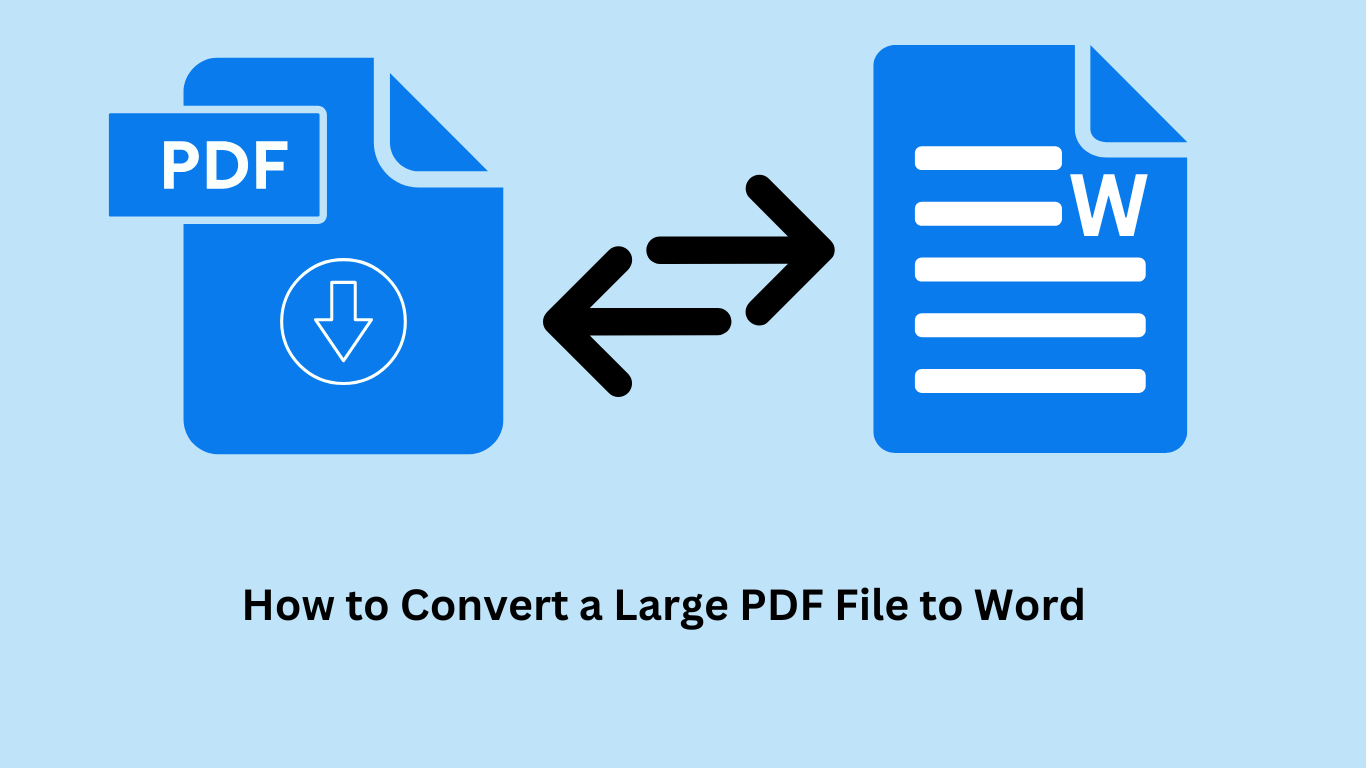Understanding the GST Calculator
The Goods and Services Tax (GST) is a significant aspect of taxation that affects businesses and consumers alike. As a value-added tax imposed on the sale of goods and services, GST plays a crucial role in the economic landscape. A GST Calculator is an essential tool for accurately calculating GST amounts, understanding tax liabilities, and ensuring compliance with tax regulations. This article delves into the workings of a GST Calculator, its benefits, and provides practical examples to illustrate its application.
What is a GST Calculator?
A GST Calculator is an online tool or software designed to compute the Goods and Services Tax (GST) on transactions. It allows users to determine the GST amount based on the cost of goods or services and the applicable GST rate. The tool is used by businesses, accountants, and individuals to quickly and accurately calculate GST, ensuring correct tax payments and compliance with tax laws.
The primary functions of a GST Calculator include:
- Calculating GST Amount: Determining the GST amount on a given price, either including or excluding GST.
- Determining Price Before GST: Calculating the original price before GST was added based on the final price and GST rate.
- Calculating Final Price: Determining the total price after including GST.
- GST Rate Application: Applying the appropriate GST rate based on the product or service category.
How Does a GST Calculator Work?
A GST Calculator operates by using a set of inputs related to the price of goods or services and the applicable GST rate. Here’s a step-by-step overview of how it works:
1. Input the Price
The first step is to input the price of the product or service. This price can be either inclusive or exclusive of GST, depending on the requirement. If the price is inclusive of GST, the calculator will first determine the GST amount and then provide the base price.
2. Enter the GST Rate
Next, enter the GST rate applicable to the product or service. GST rates vary by country and can also differ based on the type of goods or services. Common GST rates include standard rates, reduced rates, and zero rates. Ensure you input the correct rate for accurate calculations.
3. Choose the Calculation Type
Select the type of calculation you need:
- Calculate GST Amount: Determines the GST amount based on the provided price and GST rate.
- Calculate Price Before GST: Finds the original price before GST was added, using the final price and GST rate.
- Calculate Final Price: Computes the total price after adding GST to the base price.
4. Compute the Results
The calculator performs the required calculations and provides the results based on the inputs. It will display the GST amount, the price before GST, and the final price including GST, depending on the chosen calculation type.
Examples of Using a GST Calculator
Example 1: Calculating GST Amount
Suppose you have a product with a base price of $200 and the applicable GST rate is 10%. To calculate the GST amount:
- Base Price: $200
- GST Rate: 10%
To find the GST amount:
- Calculate GST Amount: $200 x 10% = $20
The GST amount on the product is $20.
Example 2: Calculating Price Before GST
Consider a product with a final price of $110, which includes GST at a rate of 10%. To find the price before GST:
- Final Price: $110
- GST Rate: 10%
To find the price before GST:
- Calculate Price Before GST: $110 / (1 + 10%) = $110 / 1.10 = $100
The price before GST is $100.
Example 3: Calculating Final Price
Suppose the base price of a service is $150, and the GST rate is 15%. To calculate the final price including GST:
- Base Price: $150
- GST Rate: 15%
To find the final price:
- Calculate GST Amount: $150 x 15% = $22.50
- Calculate Final Price: $150 + $22.50 = $172.50
The final price including GST is $172.50.
Benefits of Using a GST Calculator
Using a GST Calculator offers several advantages, including:
- Accuracy: Ensures precise calculation of GST amounts, minimizing errors and ensuring compliance with tax regulations.
- Time-Saving: Provides quick results, saving time compared to manual calculations.
- Ease of Use: Simplifies the process of calculating GST, making it accessible for individuals and businesses alike.
- Financial Planning: Helps in budgeting and financial planning by providing a clear breakdown of GST and final prices.
- Compliance: Assists in adhering to tax regulations and avoiding potential penalties for incorrect GST calculations.
Considerations and Limitations
While a GST Calculator is a valuable tool, there are some considerations and limitations to be aware of:
- Regional Variations: GST rates and regulations can vary by region. Ensure the calculator is set to the correct regional rate for accurate results.
- Complex Calculations: The calculator may not account for complex tax scenarios, such as multiple GST rates or exemptions. Manual review may be required for such cases.
- Regular Updates: Tax laws and GST rates can change, so it’s important to use a calculator that is updated regularly to reflect current regulations.
- Input Accuracy: The accuracy of the results depends on the correctness of the inputs provided. Double-check all details before finalizing calculations.
Conclusion
A GST Calculator is an essential tool for managing and calculating Goods and Services Tax accurately. By providing clear calculations for GST amounts, final prices, and prices before GST, it helps individuals and businesses ensure compliance with tax regulations and make informed financial decisions.
Whether you are a business owner, accountant, or an individual, using a GST Calculator can simplify the process of calculating GST and provide valuable insights into your tax liabilities. Always ensure you input accurate information and use a calculator that reflects current tax rates and regulations for the most reliable results.



.webp)



























































































































































































































































































































































































.png)













































.jpeg)





















































































































































































